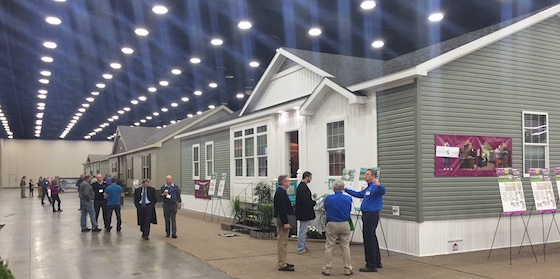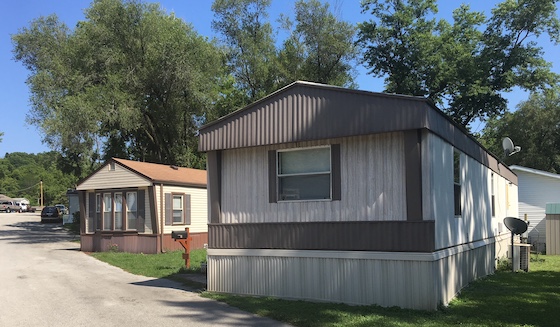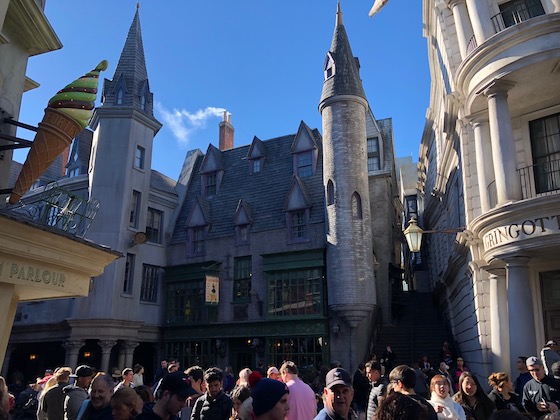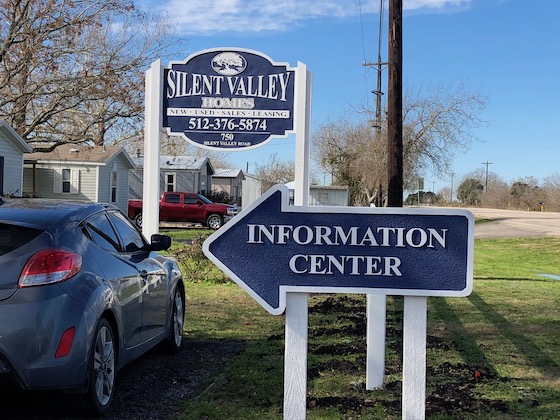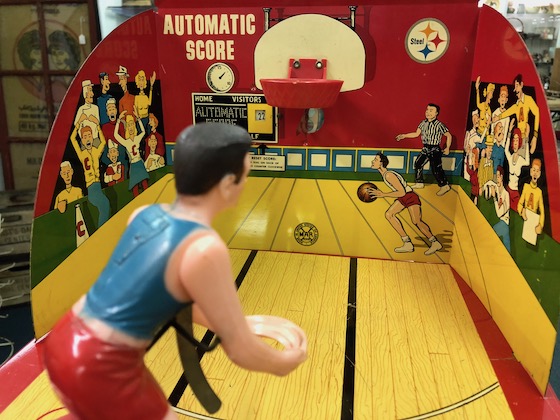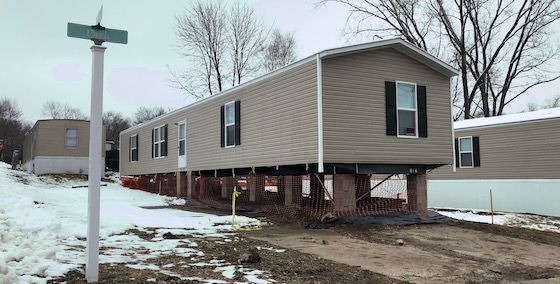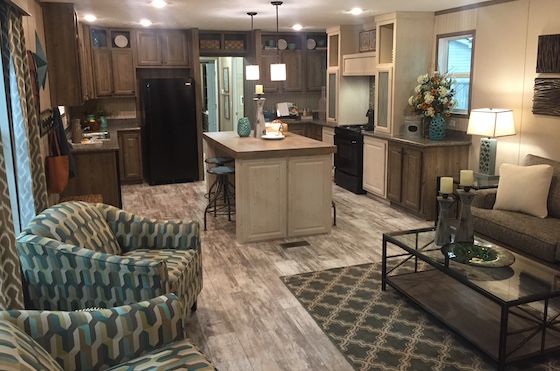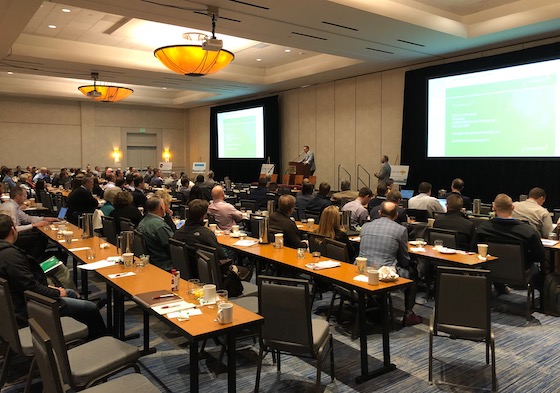Retailers have Christmas, which accounts for up to 80% of their annual revenue. And mobile home parks have Spring and Summer, which represent the prime selling season each year. Our key season starts around March and runs through September – about a six-month window. This is when most Americans move, while the kids are out of school and the weather is good. So how can you best harness the power of this prime selling season?
Have a “Spring Clean Up” event
The first order of business is to clean up the property and make it a place that people would want to move to. And the logical theme right now is a “Spring Clean Up” event. All you have to do is to pick a date (one in which the weather is warm enough to paint) and check with the city on what days they pick up large trash in the mobile home park (couches, etc.) and make sure these two are the same. The leader of the event should be your manager, and you should enlist the aid of all residents in bringing the park up a notch. Start at lot #1 and work your way around the entire park doing yard clean-up, removal of large trash items, painting fences, decks, stairs and mailboxes, fixing skirting, installing mini-blinds, and the like. You will find that once you jump start pride-of-ownership, the residents will really take up the baton and run with it. Even those customers that have little interest in aesthetics will feel the need to participate out of peer pressure.
Get all of your vacant homes ready
You can’t sell or rent homes that are not fully ready for occupancy. So take this next month to get every single home perfect and ready for showings. That means that yards are clean and tidy, home exteriors are painted and free of mold, and interiors are clean, painted, all cabinet doors working, and smelling good. If you would not live in that product, then why would you’re customer? And there’s no excuse to get this going, even if the current temperature is 5 degrees below zero, as the bulk of this work is indoors.
Get all vacant lots ready for occupancy
If you have vacant lots, you need to take every step possible to get those occupied. At a minimum, that means getting them well-mowed and free of any debris. But in some states, there are installation guidelines required by HUD that include concrete pads, piers or runners. Since these take a long time to put in, you might as well get that process going now (although they can’t pour concrete until the weather is warm enough for concrete to set). We typically always try to keep a lot or two ready for immediate occupancy in case we get a call from a customer or dealer who wants to move a home in, or we find a great deal on a new or used home for that lot.
Start advertising aggressively
Every good park owner has their marketing and advertising fine-tuned and at full blast when the prime selling/renting season begins. Get your social media presence up and going, order and install banners and feather flags at the entry, put “for sale” and “for rent” signs in the yards and windows of all vacant homes, get those tear-sheets in the laundromats and grocery stores, the resident referral letters out, and even the apartment direct mail chugging.
Properly train your manager
If you have neglected working on making your manager a success, then it’s time to ramp that effort up. Your manager needs to answer the phone within three rings with a hearty “[name of park] – how can I help you?”. They need to put the focus on any incoming call all about getting the customer to come in for a showing. They need to translate every showing into an application for residency. And they need to close every possible rental or sale. If they are not competent in any of these areas, try to retrain. How do you know? Role play where you are the customer and see how they do, coupled with mystery shopping.
Build the mechanism to track performance
The normal industry metric is 3 calls = 1 showing and 3 showings = 1 sale or rental. When a park is not doing well, it’s typically due to a failure in one of these three critical tasks. If your phone is not ringing, then your advertising is deficient. If you’re not getting a showing with every three calls, then the manager is doing a terrible job on the phone as far as getting them to come in. And if you’re not closing a sale/rental with every three showings, it’s a sign that your manager has no ability to close the deal, or your pricing is too high.
Never take “no” for an answer when it comes to occupancy
Sales is all about not taking “no” for an answer. Reinforce this with your manager. It’s stupid to blow a sale over $100. If the customer says “I don’t have the $1,200 you need for deposit and first month’s rent, but I have $1,000” then take it. If that home sits empty for another two weeks you already lost the difference. If the customer says “I can buy the same home down the street for $500 less” then match that price. Your motto should be “what do I have to do to get you in this house?” and be willing to negotiate to make that happen, as long as it’s within reason.
Conclusion
The prime selling/renting season is basically here. Don’t blow this once-a-year opportunity. Get to work now to make sure that you hit or exceed your occupancy target.

